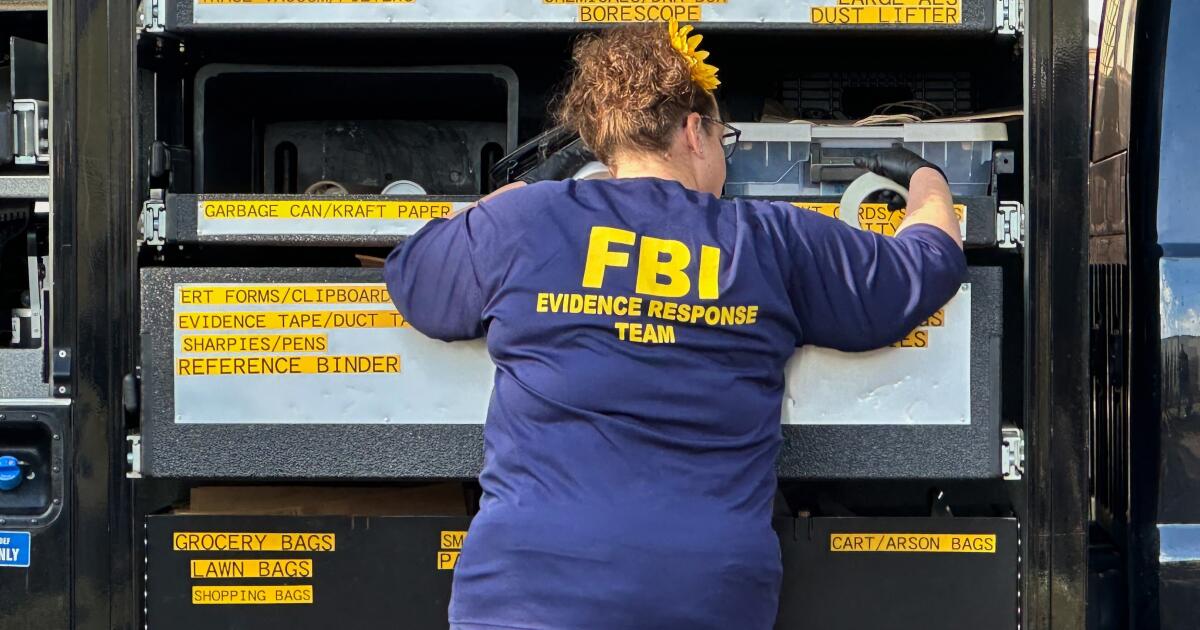Two men accused of plotting terror attacks at LGBTQ+ bars in the Detroit area
DETROIT — Two men who had acquired high-powered weapons and practiced at gun ranges were scouting LGBTQ+ bars in suburban Detroit for a possible attack, authorities said Monday in filing terrorism-related charges against the pair.
Momed Ali, Majed Mahmoud and co-conspirators were inspired by Islamic State extremism, according to a 72-page criminal complaint unsealed in federal court. Investigators say a minor, identified only as Person 1, was deeply involved in the discussions.
“Our American heroes prevented a terror attack,” U.S. Atty. Gen. Pam Bondi said on X.
The men, described as too young to drink alcohol, had looked at LGBTQ+ bars in Ferndale as a possible attack, according to the complaint.
FBI agents had surveilled the men for weeks, even using a camera on a pole outside a Dearborn house, according to the court filing. Investigators also got access to encrypted chats and other conversations.
FBI Director Kash Patel had announced arrests Friday, but no details were released at the time while agents searched a home in Dearborn and a storage unit in nearby Inkster.
The FBI said the men repeatedly referred to “pumpkins” in their conversations, a reference to a Halloween attack.
Ali and Mahmoud were charged with receiving and transferring guns and ammunition for terrorism. Mahmoud had recently bought more than 1,600 rounds of ammunition that could be used for AR-15-style rifles, and they practiced at gun ranges, the government alleged.
They will appear in court Monday for their initial appearance. Mahmoud’s lawyer, William Swor, declined to comment. Messages seeking comment from Ali’s lawyer, Amir Makled, were not immediately answered.
Over the weekend, Makled seemed to wave off the allegations, saying they were the result of “hysteria” and “fear-mongering.”
It’s the second case since May involving alleged plots in the Detroit area on behalf of the Islamic State. The FBI said it arrested a man who had spent months planning an attack against a U.S. Army site in Warren. Ammar Said has pleaded not guilty and remains in custody.
White writes for the Associated Press.
